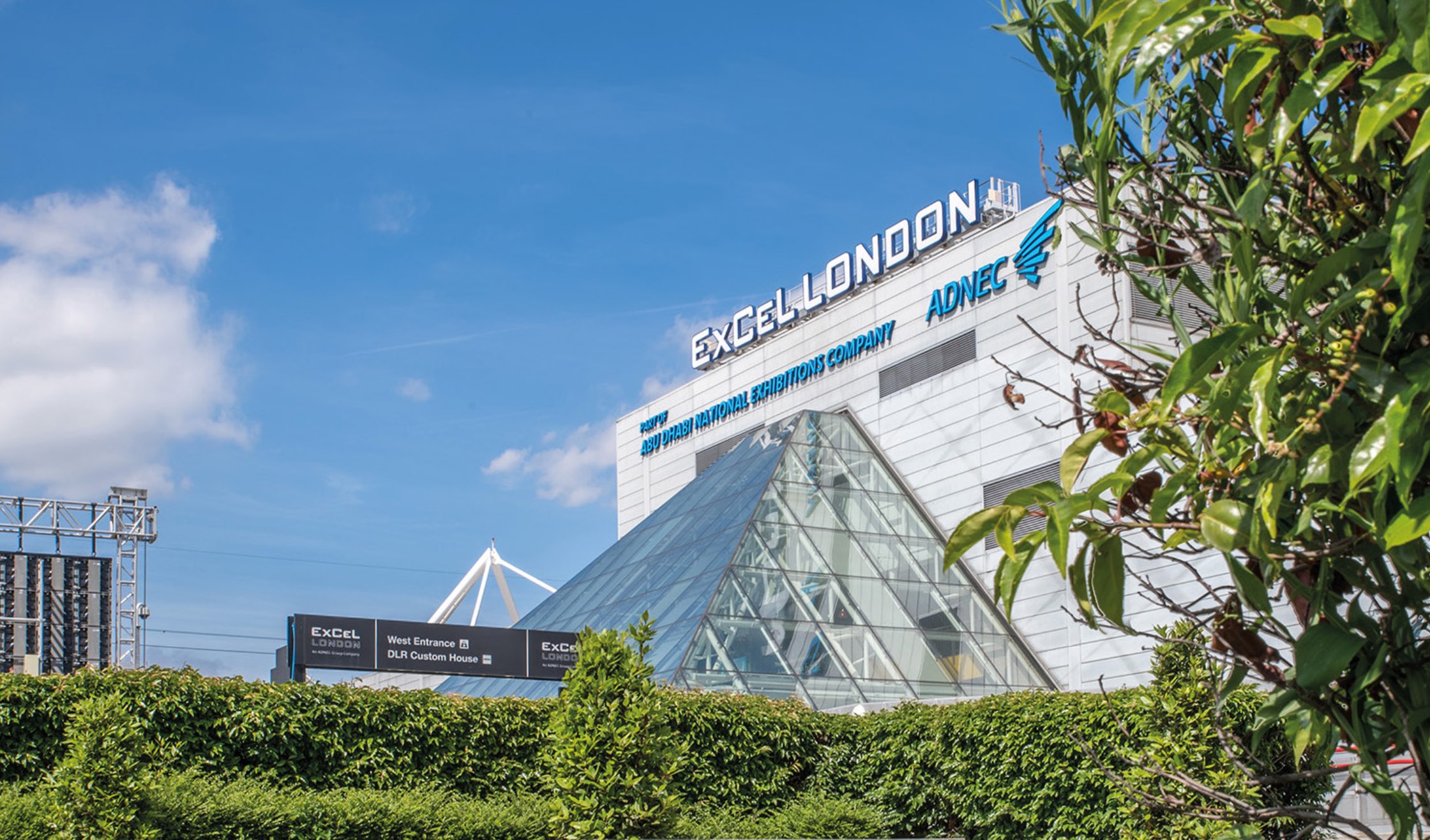October 4, 2011
A movement called October 2011 plans to tackle injustice in the epicenter of political corruption: Washington, DC.
The Occupy Wall Street uprising that began one month ago with just 200 protesters has sparked a wave of occupations across the country. In cities like San Francisco, Chicago, Boston, Memphis, Baltimore and beyond, people are joining forces in solidarity with Occupy Wall Street to demand an end to corporate dominance of America’s economic and political system that has left the poor and working class suffering under the weight of massive debt, joblessness, foreclosure and an uncertain future.
As Occupy Wall Street continues to bring the struggle for economic and social justice directly to America’s financial district, there is another movement called October 2011 that plans to tackle injustice in the epicenter of political corruption: Washington, DC.
Beginning Thursday, October 6, the energy behind Occupy Wall Street will travel to DC’s Freedom Plaza, between the Capitol and the White House, where thousands of people will gather and follow in the footsteps of Madison, Wisconsin, to demand that America invest “in human needs and environmental protection instead of war and exploitation,” according to the October 2011 Web site. The movement calls on all who are fed up with social injustice, endless war and environmental destruction to unite to put a stop to “concentrated corporate power” through direct and nonviolent democratic action.
The organizers behind October 2011 have worked for several months to bring together a broad coalition of individuals and over 100 grassroots organizations for Thursday’s action. Medea Benjamin, co-founder of CodePink and one of the October 2011 organizers, told me that Occupy Wall Street couldn’t have come at a better time.
“Occupy Wall Street has invigorated occupations throughout the country, and provides a great tie-in to the ‘Wall Street to K Street’ connection,” Benjamin said. “We have the corruption on Wall Street spilling over to the K Street lobbyists who then spill over to corrupt politicians” she said, adding that, “DC provides a more complete picture of the corrupt system the folks occupying Wall Street are rallying against.”
It is this cozy relationship between government and corporate power that October 2011 is struggling to dismantle, a link Benjamin believes is the root cause of America’s troubles. She said, “We hope to focus attention on the revolving door between corporate bigwigs, DC lobbyists and government ‘representatives’ who fail to represent us.” She added, “And we’ll make the connection with the military-industrial complex that is so evident and destructive in and around the nation’s capital.”
Unlike the more spontaneous Wall Street occupation, October 2011 is pre-planned. The permit acquired from the city to protest at Freedom Plaza expires after four days and does not allow for occupying overnight. However, in similar fashion to Occupy Wall Street, October 2011 protesters will simply move to a different location if forced to leave.
Among the many available activities to keep people inspired and engaged are performances by musical guests as well as a visual arts area and truthtelling tent that will provide people with an artistic outlet to express their thoughts and show off their creative skills. A variety of well-known people have pledged to attend, including Pulitzer prize-winning journalist Chris Hedges, comedian Lee Camp, Princeton professor and author Cornel West, and many more.
Chris Hedges recently wrote, “There are no excuses left. Either you join the revolt taking place on Wall Street and in the financial districts of other cities across the country or you stand on the wrong side of history. Either you are a rebel or a slave.”



